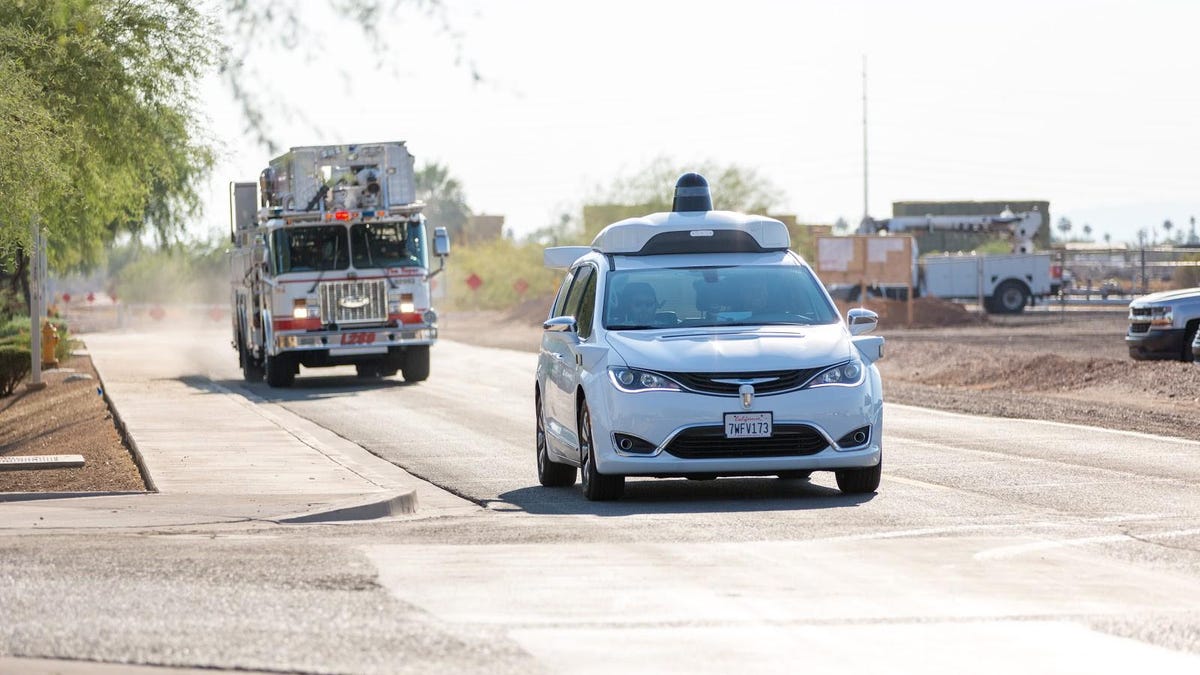US House votes overwhelmingly in favor of self-driving-car bill
It's now up to the Senate to pass something similar.

A bipartisan effort has brought proper national regulation of self-driving cars one step closer to reality.
Nearly every member of the US House of Representatives voted in favor of H.R. 3388, otherwise known as the Safely Ensuring Lives Future Deployment and Research In Vehicle Evolution (SELF DRIVE) Act. The act passed subcommittee in July, and it left committee with a unanimous vote in its favor in that same month.
A basic summary of the bill is that it clarifies how responsibilities regarding the introduction of self-driving cars will be split between federal and state governments. As The Hill puts it, the act puts authority over the car in the hands of the feds, with authority over the driver remaining within the purview of state government.
I wouldn't expect autonomous pizza deliveries to start in the next six months, but the SELF DRIVE Act brings us one step closer to saving money on tips.
That means the feds will handle things like safety standards and design, putting a national framework behind it. The states will cover matters like insurance, sales, licensing and inspections.
Under the SELF DRIVE Act, automakers would be able to deploy up to 100,000 self-driving vehicles even though they may not conform to each and every federal safety standard. That said, this won't be the Wild West -- manufacturers must still provide the government with a plan of attack, and they must secure permits for deployment, as well.
There's also some text tucked in there that relate more to cars and less to self-driving cars specifically. The bill would mandate rear-seat alert systems in new cars no later than two years after the bill became law. The bill would also give the Secretary of Transportation the ability to revisit federal headlight standards and adjust them as necessary to improve safety.
With the House's vote done, it's time for the Senate to act. They have debated a similar bill, but the two bills will need to be merged into one (reconciliation) and voted upon once again before the president has the chance to sign anything into law.

